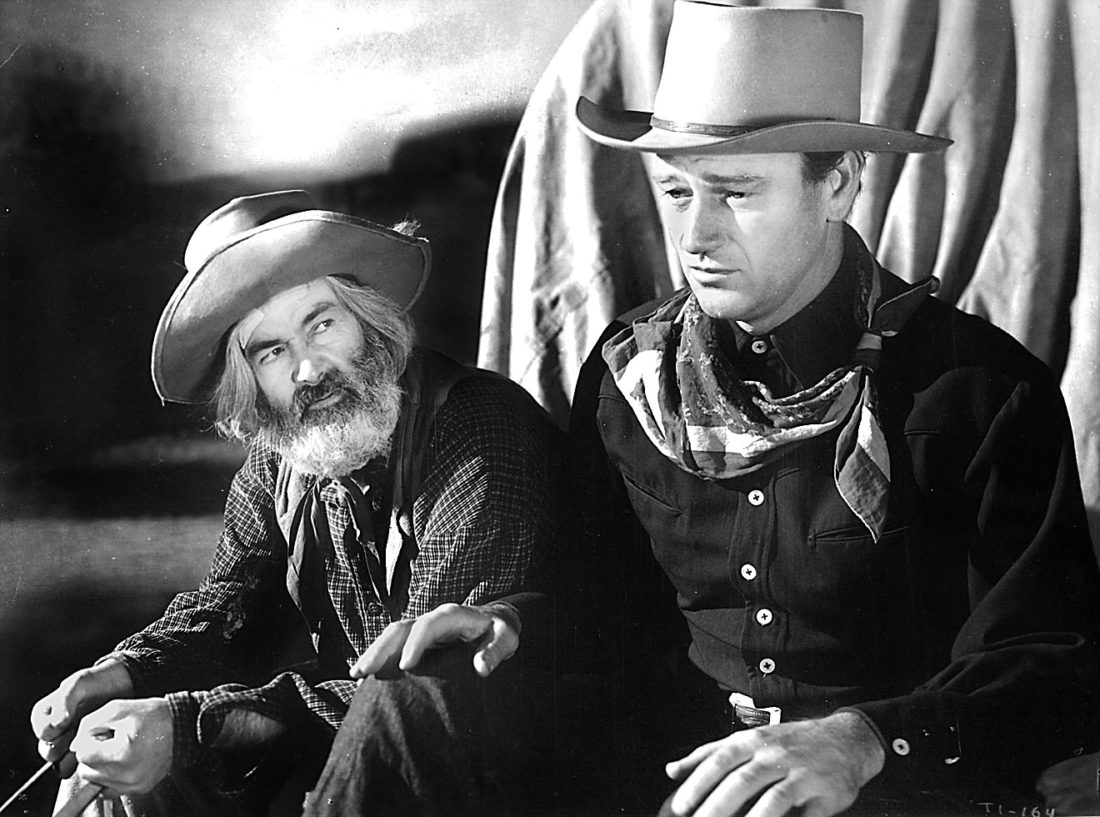Why Gabby Hayes Left Hopalong Cassidy (It Wasn't Over the Script)

Gabby Hayes may be remembered as the ultimate scruffy sidekick of Western cinema, but when he walked away from the Hopalong Cassidy series in 1939, it wasn't because of creative differences or a bad script.
It was about something much simpler: money.
Hayes had been playing the character Windy Halliday since 1935, becoming the comic relief to William Boyd's straight-laced Hopalong. But after years of grizzled charm and "yer durn tootin'!" catchphrases, Hayes found himself at odds with Paramount Pictures over salary. He wanted a raise. They said no. So he left.
Instead of backing down, Hayes jumped ship to Republic Pictures, where he took on a new name — Gabby Whitaker — because Paramount still owned the rights to "Windy."
The switch wasn't just a rebrand; it became his signature. From then on, Gabby Hayes was a Western institution.
He quickly became a go-to sidekick for the biggest names in the genre:
- Roy Rogers
- Gene Autry
- Randolph Scott
- Wild Bill Elliott
- John Wayne
Hayes was so reliable, so recognizable, that studios stopped caring what he was called — he was just "Gabby." And audiences loved him.

But the man behind the character, George Hayes, was nothing like the crusty old-timer he played. In real life, he was clean-shaven, articulate, and an astute investor. He reportedly started acting only after losing everything in the 1929 stock market crash. His first film role came at age 44.
Gabby stayed busy in movies until 1950, when he pivoted to TV. That same year, he launched The Gabby Hayes Show on NBC — a children's Western series that ran until 1954, with a short revival in 1956 on ABC. It brought him a whole new generation of fans, just in time to retire while still beloved.
When asked about his retirement, Hayes gave no dramatic speeches. He simply stepped back. He passed away in 1969 at the age of 83, never returning to film or TV.
So no, Gabby Hayes didn't quit Hopalong Cassidy because of story problems or on-set drama. He asked for a raise, got turned down, and made himself into an even bigger star somewhere else — just under a different name.